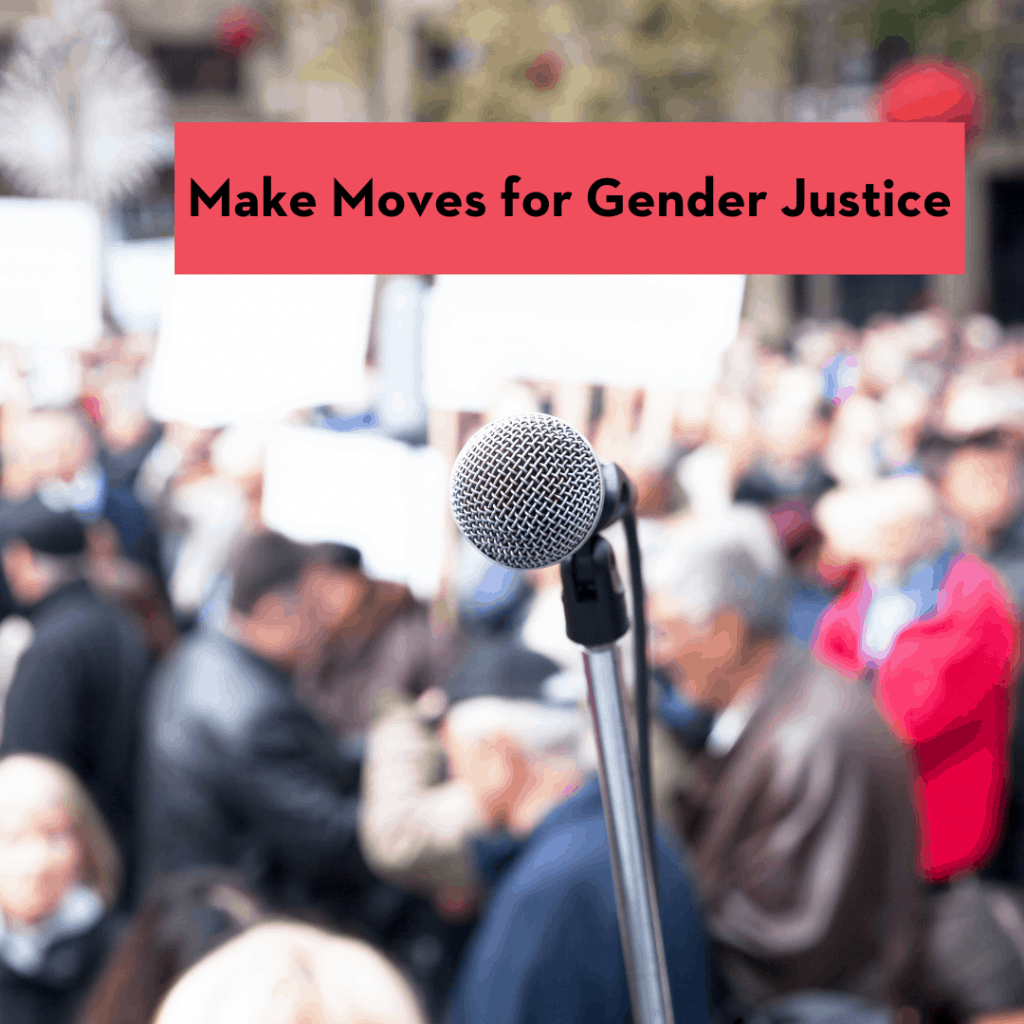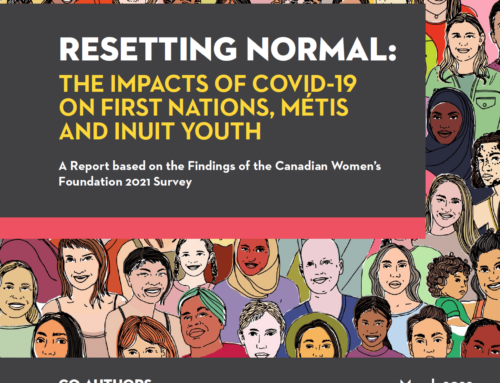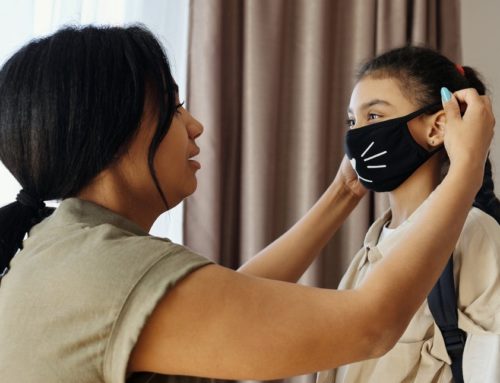Over the years, International Women’s Day has in many ways become a celebration of women’s progress towards equality. But the dire impact of the pandemic has robbed us of a celebratory thread. It’s meant that 30 years of gender equality gains are at risk in Canada, and this hurts marginalized women, girls, and gender-diverse people most of all.
In 2021, International Women’s Day is going back to its original focus—a day of protest and challenge.
The day kicked off in the early 1900s, and it revolved around women’s protests and marches about voting rights, working hours, and pay in rapidly industrializing environments.
This year, the global theme of International Women’s Day is “Choose to Challenge.” In Canada, we have a lot to challenge in our wildly changed national environment.
It’s been a year since the first lockdowns in Canada, and it’s now clearer than ever that COVID-19 has deepened the inequalities faced by diverse women and Two Spirit, Trans, and non-binary people. We’ve seen a rise in the risk of gender-based violence, job losses that are devastating to women’s economic security, women weighed down with care responsibilities, and overloaded women-focused community programs struggling to meet the increased needs.
This evidence reinforces what many of us already knew—our economy and social structures as they stand are based on a foundation of underpaid or unpaid labour, and stolen land. It doesn’t serve many of us well. Least of all, women and gender-diverse people on the margins.
This International Women’s Day, action to address our most pressing problems means choosing to challenge systemic inequities that pre-dated and came to a head with the virus. To start, we need to challenge and invest in three areas that will move Canada towards gender justice.
Challenging unpaid care
Statistics show that women in Canada carry the bulk of unpaid caregiving responsibilities. This includes child and elder care. In the pandemic, one-third of working moms have thought about quitting their jobs to handle this unpaid work. And single-parent mothers were more likely than mothers in two-parent families to have experienced job loss or reduced hours.
Ultimately, the burden of unpaid work pushes women out of paid work opportunity. It keeps them financially unstable and at risk. In a society where money buys you well-being and safety, how can Canada expect to become gender equal?
High-quality, affordable, and accessible care is a vital piece of the puzzle for gender equality. It will stimulate market growth, reduce underemployment and unemployment, and improve the quality of life for women, families, and entire communities.
Challenging under-compensated work
Women have experienced greater economic fallout from the pandemic because the kinds of work they do tend to be underpaid. Particularly Black women, Indigenous women, women with disabilities, and newcomer, migrant, and undocumented women work precarious, part-time jobs in service and care industries.
All work should be well-compensated, and all women should have the tools to do their jobs safely. This includes excellent compensation, job security, PPE, paid sick days, and secure citizenship.
Challenge gender-based violence
While women Canada-wide are doing the vital work of holding families and communities together, their risk of gender-based violence, including intimate partner abuse and sexual assault, is on the rise.
Abusers are in closer proximity to those they harm and can exert more control than ever in the pandemic, often behind closed doors. And sexual harassment at work is shifting in the pandemic work context too. Gender-based violence does significant damage to individuals and families, has huge economic ramifications, and undercuts human rights and dignity. We cannot continue to let it spiral, nor can we leave it to the legal system and mainstream institutions to address because that simply does not work.
We have to invest in long-term, community-based solutions to match the high community need, focused on violence prevention and intervention. The well-being of women and gender-diverse people, as well as their economic recovery, depends on it.
Challenge Systems
Women-serving and equity-seeking collectives and organizations are vital civic engagement stalwarts, and they need to survive this trying time. They play an important role in promoting and advancing human rights and gender equality outcomes, supporting the important work of decolonization, and addressing underlying inequalities that make women and gender-diverse people so vulnerable. Make no mistake–they strive for systemic policy change Canada needs and they bring underheard voices to the table.
Investment in the gender equality sector means that these collectives and organizations will be strong enough to continue bolstering communities, informing policy changes, building democracy, and holding decision-makers accountable.
This International Women’s Day, it’s time to make moves and get back to our roots to challenge the gendered inequities we’re living with today.
This International Women’s Day, it’s time for us to band together and make moves – for fair and livable wages, for freedom from violence, for opportunities to thrive, for human rights and dignity: for justice. Your moves ripple out to big change. Join the movement by checking-out our Make Moves for Gender Justice campaign.







